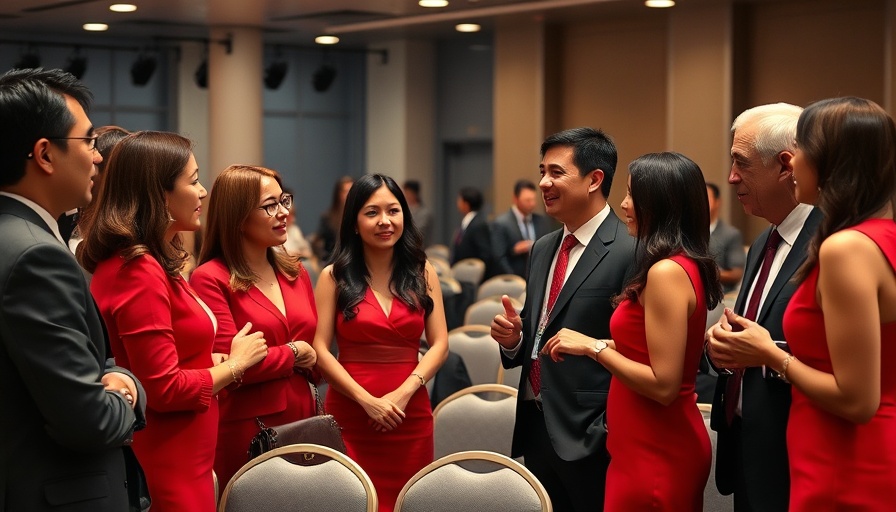
South Africa's Diplomatic Tensions: A Complex Landscape
In a recent parliamentary debate, Julius Malema, the leader of the Economic Freedom Fighters (EFF), accused U.S. President Donald Trump of unjustly penalizing South Africa over its position on Israel. Malema’s statements reflect not only heated domestic politics but also the intricate web of international relations that South Africa navigates. The EFF leader urged President Cyril Ramaphosa to take a definitive stance by closing Israel's embassy in South Africa—an action symbolizing resistance against perceived external coercion.
The Broader Implications of Trump's Executive Order
According to Malema, the focal point of contention stems from Trump's executive order concerning alleged land expropriations tied to South Africa's Expropriation Act. Without a doubt, the ramifications of this order extend far beyond simple diplomatic squabbles; they embody the challenges faced by emerging nations asserting their sovereignty. The claim that South Africa is under attack because of its stance against Israel, rather than its land policies, reveals a narrative that prioritizes geopolitics over localized issues. Are these actions, then, indicative of a larger strategy aimed at undermining South Africa's sovereignty?
Democratic Alliance's Response: A Call for Unity
Reacting to Malema’s assertions, the Democratic Alliance (DA) leader, John Steenhuisen, raised alarms concerning the U.S. administration’s decision to cut funding to South Africa. In an era where global cooperation is paramount to address challenges like climate change and economic recovery, what does this funding cut signify for South Africa's standing on the global stage? Steenhuisen argues that these actions threaten the African Growth and Opportunity Act (AGOA) agreement, potentially endangering vital trade relationships. His plea for a united front in Parliament highlights the gravity of the situation: a divided house may struggle to mitigate external pressures.
Historical Context: A Legacy of Foreign Relations
South Africa's foreign relations narrative has often been punctuated by conflict and collaboration. From the apartheid era isolation to the present day’s intricate partnerships, the country has had to navigate a fraught geopolitical space. With multiple stakeholders in play, such as U.S. financial interests and international human rights advocates, understanding these historical dynamics becomes imperative. The accusations of punitive measures by Trump’s administration echo past foreign interventions that have shaped South Africa’s policies and perceptions of nation-building.
Public Sentiment: The Voice of the Citizenry
As citizens grapple with these complex political maneuvers, public sentiment regarding Malema and Ramaphosa’s actions remains divided. Many citizens resonate with Malema's fiery rhetoric, viewing it as a necessary pushback against foreign influence. Others, however, express concern that such aggressive posturing could alienate potential allies and exacerbate domestic issues. There lies a crucial gap between political ambitions and the everyday realities faced by South Africans, whose livelihoods sometimes hang in the balance of these international decisions.
Future Predictions: What Lies Ahead for South Africa?
As tensions continue to simmer, South Africa must prepare for the repercussions of its diplomatic decisions. Will the government sustain its position against perceived foreign pressure, or will it seek to balance relations with strategic partners like the U.S.? Economic ramifications could be profound; potential sanctions and funding cuts could hinder development efforts. Understanding these impending shifts is essential as they could alter the country’s trajectory significantly. How will South Africa's government adapt to maintain its sovereignty while fostering international cooperation?
 Add Row
Add Row  Add
Add 




Write A Comment